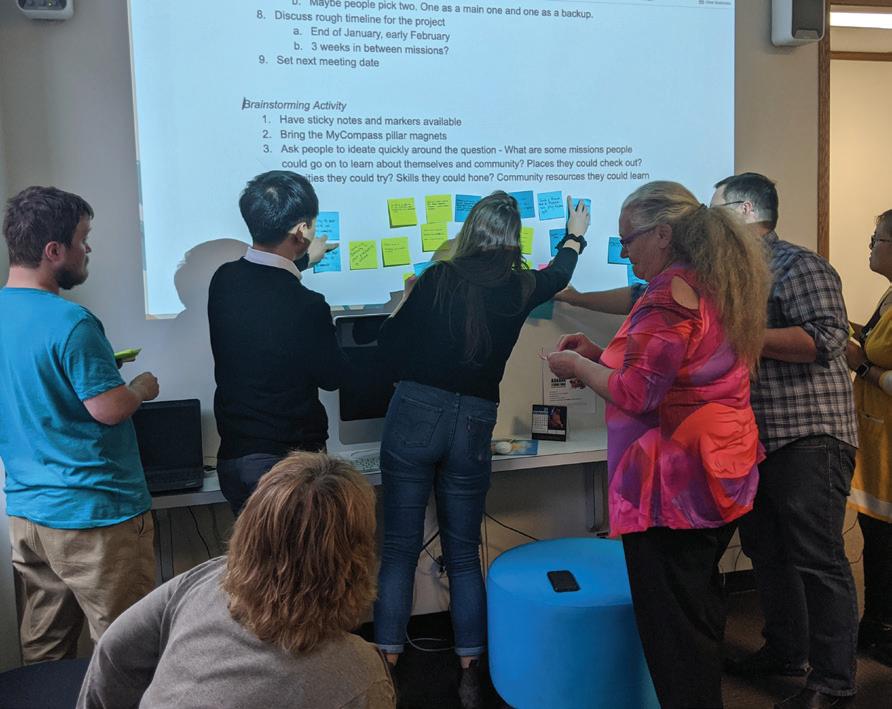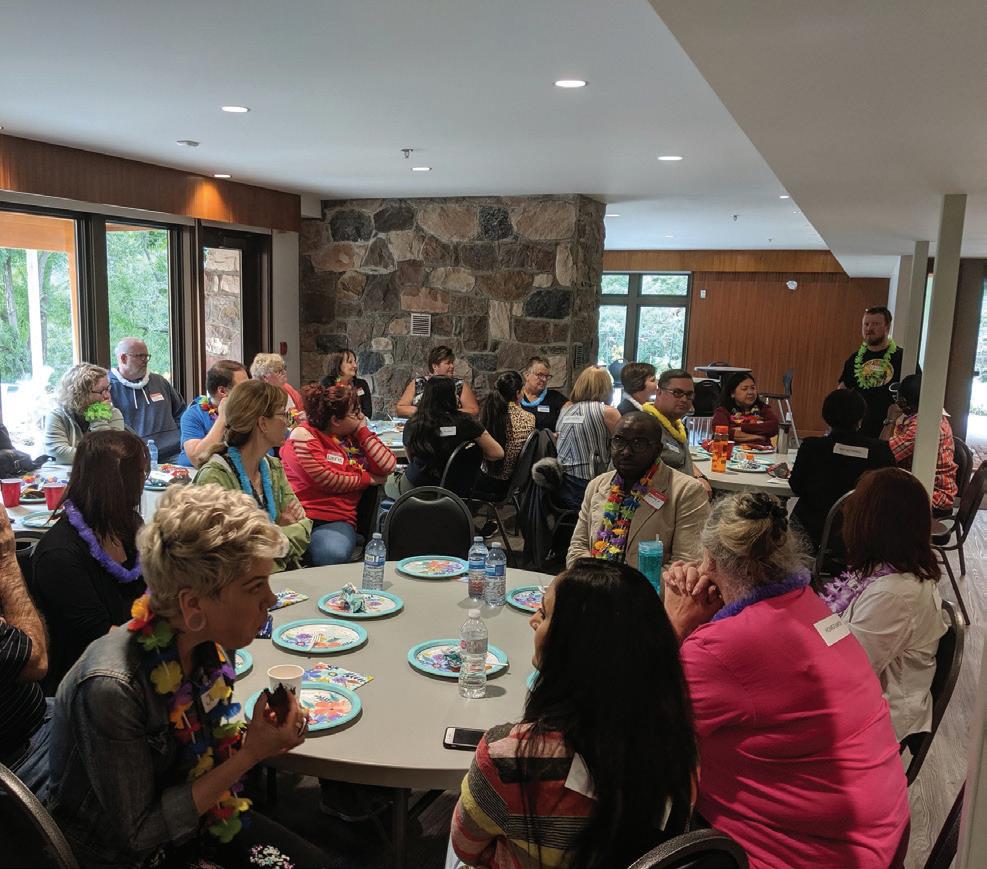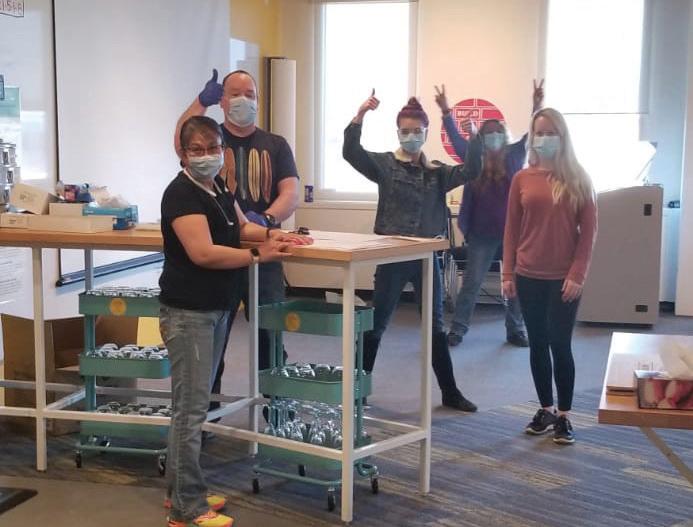BUILDING RESILIENCE THROUGH INNOVATION written by Paige Reeves, Senior Leader of Research and Social Innovation
At Skills Society, innovation is core to how we see the world and our work. To us, innovation isn’t just a buzzword - it is a culture we’re actively creating so that we can better meet the needs of the people we serve, avoid getting stuck, and tackle big and complex challenges like the kind we find ourselves facing today. Innovation is the way we stay resilient in the face of change. This culture of innovation at Skills has allowed us to: • Listen deeply to people’s experiences • Be creative and think differently about problems • Let ideas go or evolve them rather than holding them too closely • Excel at iterating - testing, tweaking, and trying again • Seek and incorporate multiple perspectives when solving a problem • Learn from others and share what we’re learning • Embrace complexity rather than run from it • Build solutions collectively In my role as Senior Leader of Research and Social Innovation, I have been fortunate to steward, alongside a stellar set of colleagues, several of Skills’ social innovations. Through this work, I have been able to witness the ways they both support the citizenship of the people we serve and ultimately contribute to building more resilient communities. In the section that follows, you can get updated on our current innovations, what we’re learning, and how they support the citizenship of people with disabilities.
28
‘FUTURE OF HOME’ SOCIAL INNOVATION LAB In March of this year we received just over $230,000 from the Canadian Mortgage and Housing Corporation (CMHC) to steward a social innovation lab on the “Future of Home” for people with developmental disabilities. Partnering with Inclusion Alberta, Capital Region Housing, and Homeward Trust, this lab will explore and develop two housing model prototypes that are affordable, accessible, and support the social inclusion of people with developmental disabilities in new and creative ways. What we’re learning •C urrent housing and support models do not always support the deep belonging and inclusion of people with disabilities •M odels like the one we steward at Melcor Village offer promising outcomes around flexible supports when people need them How this supports the citizenship of people with disabilities •W hen people have access to stable and affordable housing, along with individualized support, they require less support from other systems such as justice and health





